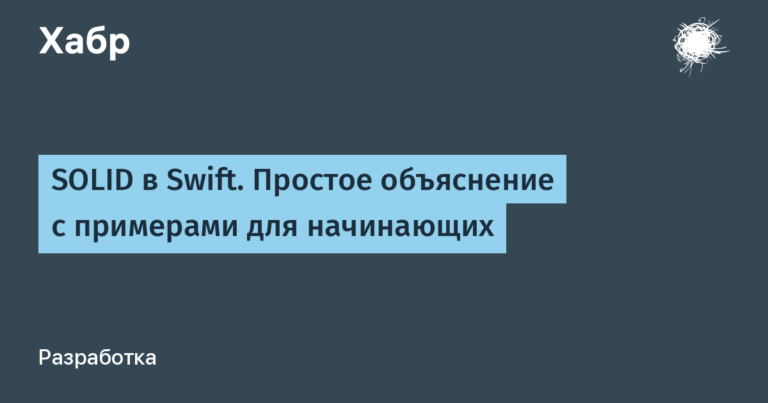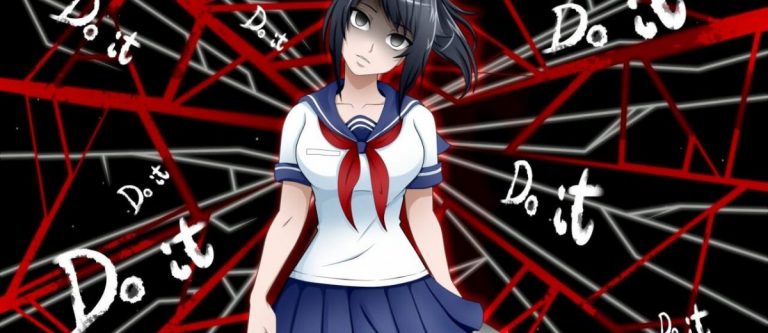The illusion of an unchanging past. We waited for summer – winter came
“Memory assures us that yesterday really happened, but who knows if all this memory did not appear with the first morning light?”
— Victor Pelevin
Nevertheless, our confidence in the stability of reality is unshakable. The surrounding reality is firmly fixed in our consciousness; it seems to us logical, strictly consistent, subject to cause-and-effect relationships. The blue pills of common sense do their job properly.
But sometimes the system fails and we observe strange fluctuations and subconsciously begin to doubt the reality of what is happening. The matrix changes and shows us two identical black cats. It happens that changes occur almost imperceptibly. But sometimes clearly noticeable shifts arise, which even the most convinced skeptics pay attention to.

Fantastic hypothesis of change
Why is this happening? Why do we periodically begin to doubt the inviolability of our past and present? Of course, we won't know the truth yet. At least until some stern character offers us a choice of two alternatives. But no one is stopping us from dreaming, especially since science fiction has long offered us a ready-made solution.
Since childhood, we have read stories about how someone goes into the past and intentionally or accidentally changes the future. To do this, you don’t even need to do anything grandiose—some minor act is enough. For example, step on the proverbial butterfly, as in the classic story “A Sound of Thunder” by Ray Bradbury. What will happen to all of us who remain in the present? There are many theories on this subject, thousands of science fiction works try to answer this question. Let's look at just two options.
If you do not take into account the theory of multiverses, then with each crushed butterfly we all move together into a new version of reality. The traveler returns to our renewed world. If Everett and Tegmark are right, and multiverses exist, then a crushed butterfly, it seems, will not affect our world in any way. An alternative future will appear in a parallel reality where our doubles live and operate. A traveler from the past will return precisely to them, to these doubles.
In both versions, the unlucky traveler does not recognize the world to which he has returned:
“Eckels slowly inhaled the air – something happened to the air, some kind of chemical change, so insignificant, elusive that only a weak voice of the subconscious told Eckels about the change. And the colors – white, gray, blue, orange, on the walls, furniture, in the sky outside the window – they… they… yes: what happened to them? And then there’s another feeling. Goosebumps ran across my skin. My hands were twitching. With all the pores of his body he sensed something strange, alien. It was as if somewhere someone had blown a whistle that only dogs could hear. And his body silently responded. Outside the window, behind the walls of this room, behind the back of the man (who was the wrong person) at the partition (which was the wrong partition) – a whole world of streets and people. But how can we determine from here what kind of world this is now, what kind of people it is?”
— Ray Bradbury, “A Sound of Thunder”
“A dead butterfly – and such consequences?” The whole world has changed: the colors, smells, people seem to be the same, but they have become subtly different – alien and unusual. Even the spelling rules have changed. The traveler is terrified. Well, it’s my own fault – there was no point in crushing innocent prehistoric insects. We are much more interested in how we ourselves will feel such changes. What exactly will happen to us at the moment of history change?
An elusive wave of paradoxes
In all these calculations, the concept of “we” is rather arbitrary. Where exactly is the real Neo – in the matrix or in Zion? At first glance it appears to be in Zion. But where is the guarantee that there is no other, more real “Neo”? If everything depends on the color of the pill, then our “I” in every reality is nothing more than an illusion.
In the classic version, both the past and the present will change for us. Will we feel such a change? It is quite possible, but the darkness will quickly pass and the surrounding reality will again seem stable and unshakable to us – with an unchanging past and a real present.
“Vadim touched the glass, looking at the unfamiliar city outside the window. -What kind of world have we created now? And can we still fix…
Boris, who was looking at his wristwatch at that moment, shook his head.
— Humble yourself, boss, it’s all over. A wave of paradoxes will catch up with us in three… – he raised his index finger up, – two… one… Now!
Vadim blinked. My head felt strangely dizzy, but after a moment the strange feeling subsided. Makarov looked at his friend in surprise.
– Why are you standing there with your finger raised? – Vadim inquired.
Boris looked up from the dial and stared at Makarov with equal amazement.
“I… I don’t know,” he finally breathed. – For something… For some reason my head hurts… But no, that’s all, it’s gone. Probably overtired today.
Vadim nodded and turned to the Moscow landscape stretching outside the window. The sunset glowed over the city, reflected in myriads of glass. Rare clouds ran across the sky, foreshadowing a soft, warm evening. […] Continuing to smile, Vadim sighed tiredly. Another day was over, another operation was successful, once again they kept the usual story intact.”
— Grigory Eliseev, story “Chronoscope” – “Science and Life” No. 7, 2019
In the version with multiverses, all our numerous doubles in different realities form a kind of superposition of personality. Therefore, any changes with any of the options of reality cannot but affect all other options. In some cases the influence will be weaker, in others stronger. So strong that no means can drown it out.
“They understood: reality could not be saved, the world was moving further and further from equilibrium. […] They watched as the world changed before their eyes, and people continued to live ordinary lives. It was creepy to watch, remembering. […]
They stood at the window and looked, and the people below went about their business, lived in their own world, did not remember another, they were accustomed to these hurricanes, this sky, these everyday life, and there were also holidays, when everyone rejoiced at the calm sky and stable homes. The world was far from maximum probability…”
— Pavel Amnuel, “Displacement”
Sacred chaos of reality
We believe in the stability of our past and the “normality” of the present, no matter how wild it turns out to be in the next iteration of changes, in the next release of reality. But there are times when we feel that something is wrong with our reality – our world “as if someone had replaced it.” We don’t find things in their usual places, we don’t recognize the surrounding reality, we feel strange fluctuations of existence.
What can be done about all this? At the very least, do not believe in the immutability of the past, present and future. Everything around us is nothing more than chaos, in which we only imagine meaning. Living in chaos is not easy, so our brains hide in a cozy shell of the illusion of stability – it's built into our operating system.
We suddenly find ourselves in a world we never knew existed. This world is alien to us, its laws are incomprehensible to us, we are afraid of it because we cannot imagine how one can exist in it. And therefore, we are trying with all our might to save the remnants of the familiar present: we are cementing its cracks, trying to bind the spreading debris with flimsy reinforcement. Fear of the future is the dominant state of our time.
— Andrey Stolyarov, story “Everybody Dances” – “Science and Life” No. 10, 2023
If the fantastic hypothesis of the constant change of the past is true, then from time to time we really find ourselves in a completely different world with new laws and rules. Perhaps for some time we still retain vague memories of the “good old” past. But soon we are already convinced that everything is going on as usual, that nothing has essentially changed and “it has always been this way.” Perhaps it’s just a headache, but we usually attribute this to overwork, lack of sleep, cyclonic depression and magnetic storms.

This is the time to plunge into an existential crisis and thoughts about the “vanity of all things.” But there is another way out – just continue to live and mind your own business. Accept the absurdity, variability and unreliability of the world around you. Create new things and ideas, write programs and texts. Live here and now, and believe that after a sad autumn, after a long, cold and hopeless winter, a beautiful, long-awaited spring will come.
– How will all this end? – It will be April.
– It will be April, are you sure? – Yes, I am sure.
I have already heard, and this rumor has been verified by me,
as if a pipe was ringing in the grove today.– What follows from this? – You should live
sew sundresses and light dresses from chintz.
– Do you think all this will be worn?
– I believe that all this should be sewn.— Yuri Levitansky





